After years of producing, mixing, and mastering for tons of indie artists in Boston, I got the great chance to work on an album that would turn out to be the first indie album to go #1 on iTunes. Sammy Adams’s album blew up overnight! Next thing I knew we were on a plane to LA to meet with some of the biggest names in the music business and work at some of the studios I had only dreamed of working at. It was all very exciting, and I had this amazing feeling of “I finally made it!”. Since then I got to work on Kelly Clarkson’s “What doesn’t kill you makes you stronger” and sign a production deal with Atlantic Records along with my man Cam Meekins.
The “made it” feeling was short-lived, and the cold reality of the music business set in. I found that once you sign a record deal there is a whole other level of difficulty and luck to fight through, which is as hard as getting signed in the first place.
So here are 5 things I learned the last 5 years that I hope will give people some insight into the inner workings, harsh reality, and fun of signing record deals.
1. This is a Business
The bottom line is the labels look at you as a business. You have to take all the emotions of “making it” and “living your wildest dreams” out in order to really understand this. Try to look at yourself as a restaurant. In order to be successful, you need to serve good food, have people know about you, and leave a good impression that makes people want to come back. You need to have the same in order to get a deal. Have good music, a fan base, and more good music and videos in order for the fans to keep coming back.
2. You need to have a following
The days of getting signed because your a good artist is over. There is no magical fairy that is gonna come down and find your amazing talents while you sit in your bedroom. Due to some much music being downloaded for free, the label’s budgets aren’t what the use to be, and the return on investment is much smaller. Therefore, the A&R’s won’t take any chances, cause they are scared for their jobs.
You have to have a fan base and at least an EP out that has sold some units. Use the restaurant analogy again, if a friend told you I have two restaurants you can buy, one that has no customers and makes no money that looks really good, or one that has a huge customer base and makes a million a month, which one would you buy? The answer is easy, and the labels see it just that way.
3. Labels sign what’s hot
Ever hear that an artist got signed and ask yourself, “How did they get a deal they suck?” Me too. When an indie artist gets a buzz going, the labels turn into a pool of sharks trying to get the same piece of meat. What I have found amazing is many of the people in the biz don’t really know what good music is. Many I find are out of touch with what kids really like to listen too. They just want to know it’s hot and that’s it. So much like #2 you need to have a buzz in order to get noticed. And if you can get to that point you might not need the label anyway.
4. (For Producers) The A&R won’t help you…much
I have been lucky to see both sides of how the artist perceives the A&R, and how the producer trying to get placements to see the A&R. In my experience, the artist doesn’t really care about the beats the A&R sends to them. They will listen, but the artist usually relies on friends and producers he knows and has worked with for the majority of their beats. On the other side of that, the A&R usually has producers they are managing or publishers they work for that they want to get placements for more than your beats.
I’m not saying that A&R’s can’t get your beats placed, because they can. But, the best way to get your beats on albums is to try and link with the artist & artist’s manager themselves, build a friendship, and play them some beats.
5. Once you sign you lose freedom-
Once you sign the deal you are no longer in charge of when or if your music comes out, and the label has to be behind the music in order for them to set a release date. That means that your A&R, the label CEO, and the radio and promotion people, all have to think that you have a hit or 95% of the time your album will be stalled and pushed back. With one artist I worked with, I thought we had the whole album done in 6 months. The label didn’t feel the same way, and it wasn’t until a year and a half later that the album came out, with only 2 songs on it from a year before.
In conclusion, I don’t want to come across like labels, and signing a deal is bad. I just thought it might be helpful for some people to know some of the realities of signing a deal. I have learned a lot from many talented people who work at the labels, and I have had many great experiences. Just always know what you are getting into, and make sure to look at all sides of the equation.

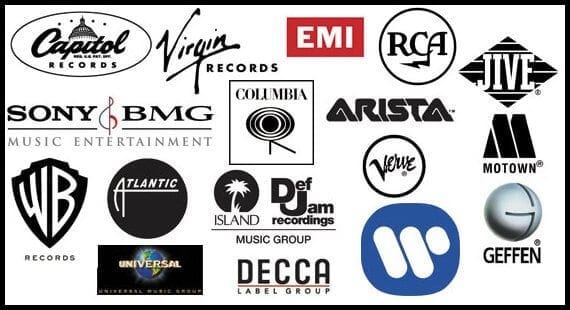
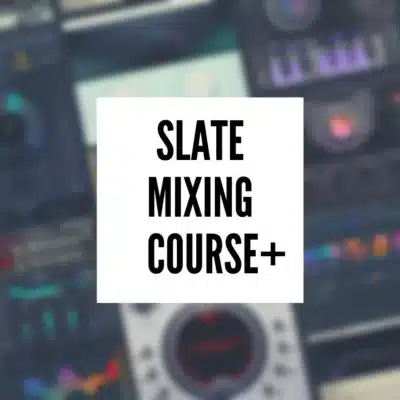
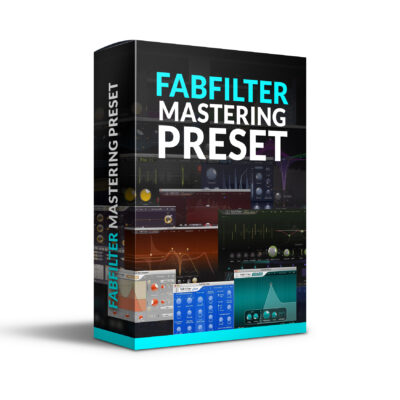
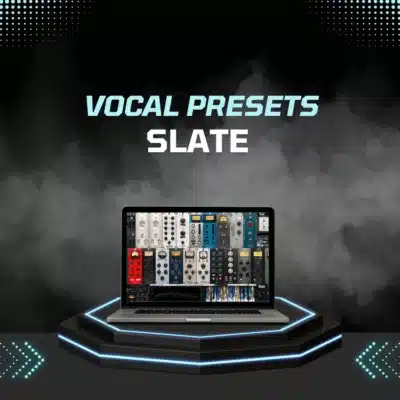
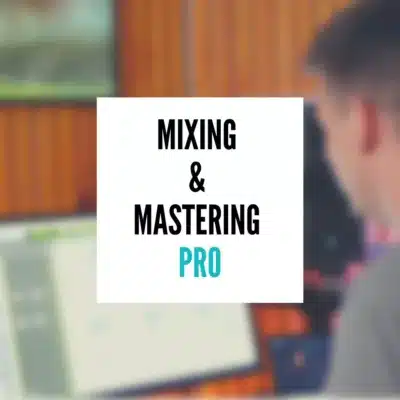

Thank u ?